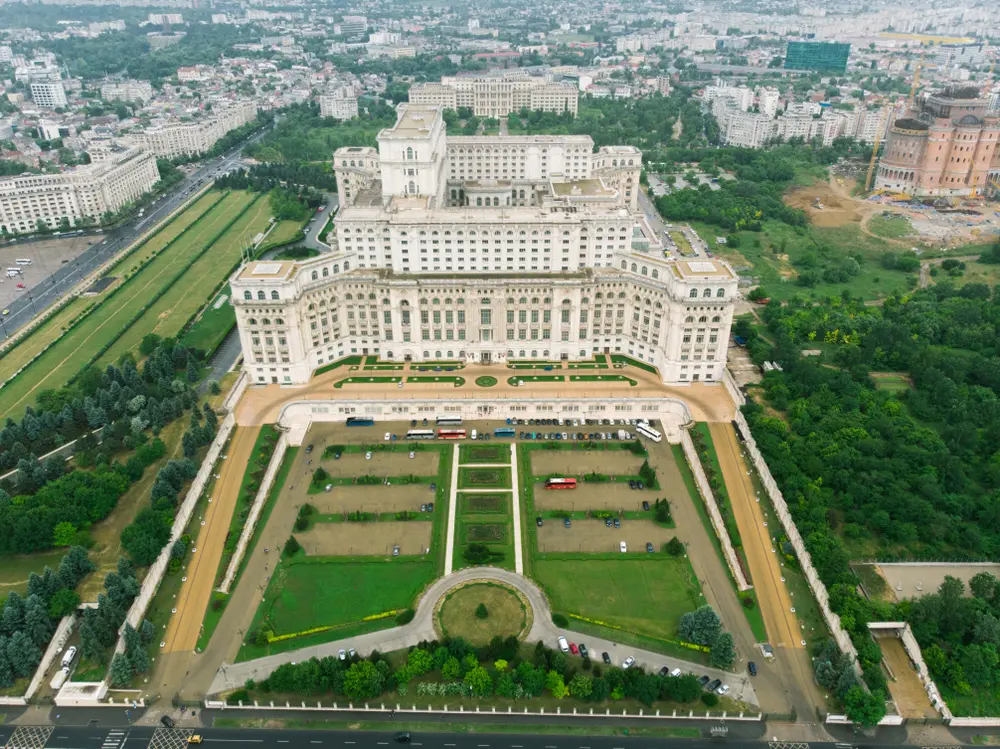
Palace of Parliament in Bucharest, Romania
The European Commission has been accused of keeping silent about a festering rule of law dispute between the Romanian government and its judiciary. Romanian judges are frustrated by their failed attempts to get Brussels to overturn its approval of controversial pension reforms.
Romanian judges and other legal workers are objecting to a government bill to curb special privileges to the state pension system—in other words, judges are objecting to what they see as government encroachment on their autonomy. The Romanian government, for its part, explains that the step was necessary to guard against what insiders fear could be used to manipulate, or impose political pressure on officials.
Brussels signed off on the bill, despite last-minute government amendments that the judges rejected, such as capping benefits and raising the retirement age of officials. Legal associations claim that government intervention here represents a clear threat to their independence. They assert that the proposals represent an attempt to constrain judges and clamp down on judicial independence.
The Romanian government, in contrast, claims that such reforms are necessary to reign in fiscal spending.
Human rights groups and legal associations signed an open letter to EU Commission President Ursula von der Leyen and other officials this week, denouncing the government’s pension reforms as non-transparent and open to abuse.
Judges are angered by the EU Commission’s approval of the pension reforms, especially since the EU Commission had filed infringement procedures against Hungary and Poland for the same problem—government-issued changes to their judiciaries: Poland attempted to revamp the country’s judicial system in accordance with Warsaw’s conservative Law and Justice government; the Hungarian government lowered the retirement age of judges. In both cases, the Commission’s response was to accuse these countries of violating “rule of law,” at the cost of freezing COVID response recovery funds and EU funds. As of May 10th, the Commission has determined to withhold funding as long as the countries are held in contempt of the rule of law—defined, in their cases, as governmental encroachment on their judiciaries.
Right-wing populists have noted the EU’s failure to reprimand Romania, and have accused the EU of weaponising ‘rule of law’ disputes as tools to bring national governments into compliance with EU rules.
We just opened an infringement procedure against Poland for violations of EU law.
— European Commission (@EU_Commission) June 8, 2023
We consider that the new law establishing a special committee unduly interferes with the democratic process.
Poland has now 21 days to reply to our letter of formal notice.
Our press release ↓
The Commission’s volte-face with Romania has exacerbated the country’s internal dispute.
Bucharest is currently governed by a pro-EU coalition, headlined by EPP-aligned prime minister Nicolae Ciucă and his Național Liberal Party.
The Commission gave Romania a glowing commendation for its fight against corruption last year, thereby ending 15 years of rule of law monitoring. Both Romania and its neighbour Bulgaria are looking to stay in the EU’s good books ahead of being allowed into the Schengen area, driven by the pro-EU government that took charge in Bulgaria last month.
